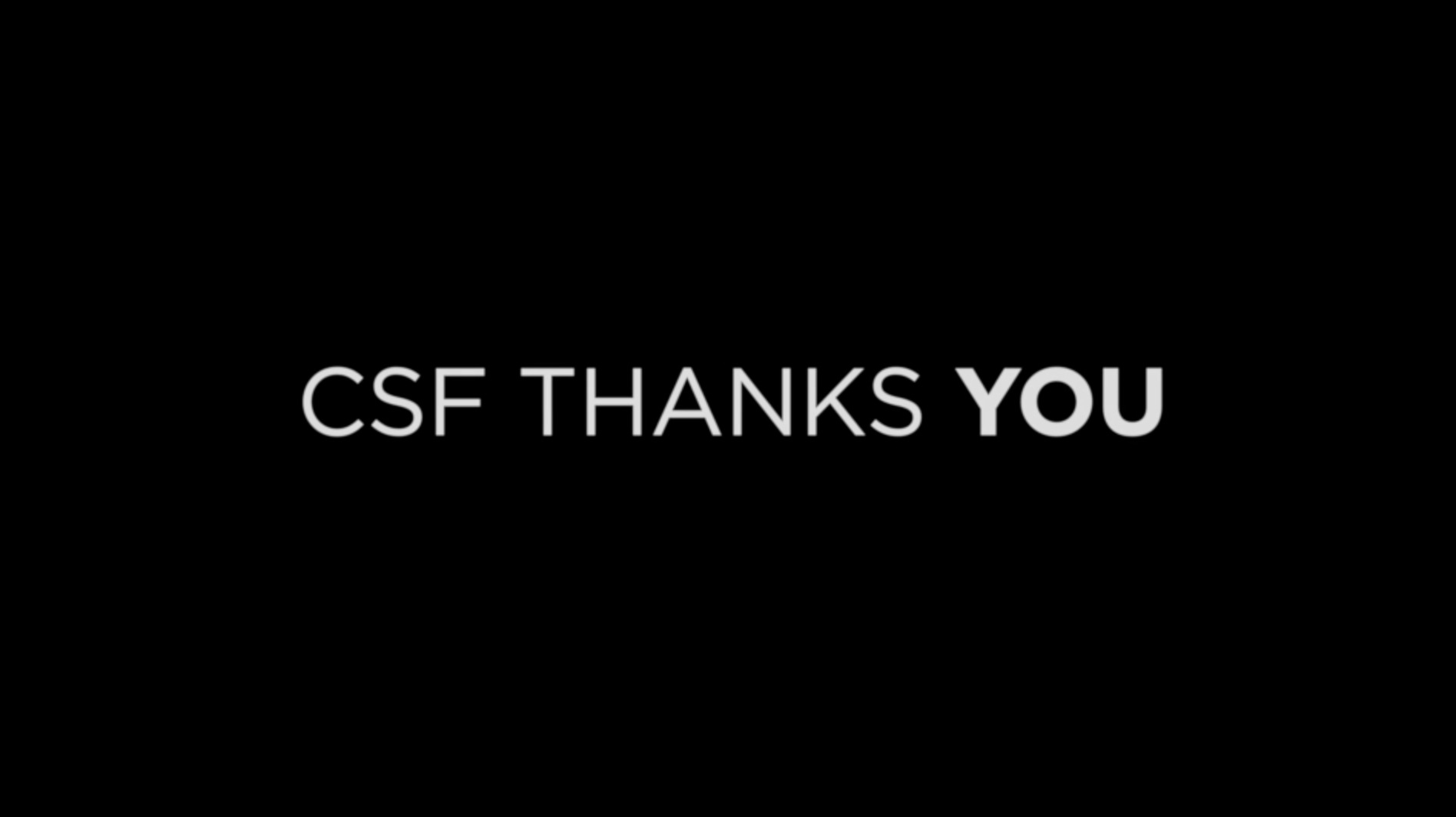News
Every day, support from donors like you makes our work possible. Are you willing to make a special year-end donation to help us protect ecosystems around the world?Please, click here to make your donation now.
On September 30th and 31st, the United Nations Educational, Scientific and Cultural Organization (UNESCO) and CSF presented the first results of the “Sustainable Fisheries in the Amazon Coast Project" to our partners in São Luís, Brazil. Sixty representatives from government, universities, the private sector, civil society, associations, cooperatives, fishermen groups, trade unions, and the implementing partners attended the meeting.
Fernanda Alvarenga introducing CSF´s work.
Scarlet ibis (Eudocimus ruber) in a mangrove treeIn May 2016, staff from the CSF Brazil team travelled to the Salgado Paraense region, located on the northern coast of the state of Pará. Their goal was to collect important information as part of our project on the sustainability of mangrove ecosystems. This project seeks to sensitize the government and society to the benefits these ecosystems provide, and make recommendations about economic instruments that could be used to promote financial sustainability of protected areas.
A little over one month ago, CSF completed its second Indonesian Economic Tools for Marine Conservation course hosted in Bali. Twenty-four Indonesian conservation professionals from nineteen institutions participated in the two-week course. Some of the institutions represented were the Ministry of Marine Affairs and Fisheries, Dept. of Environment and Forestry, University of Indonesia, TNC, WWF, as well as other national universities and NGOs and private consultants.
Dr. Rusdian Lubis, Mubariq Ahmad, and John Reid
It is with great delight that we announce the official launch of CSF Indonesia!









